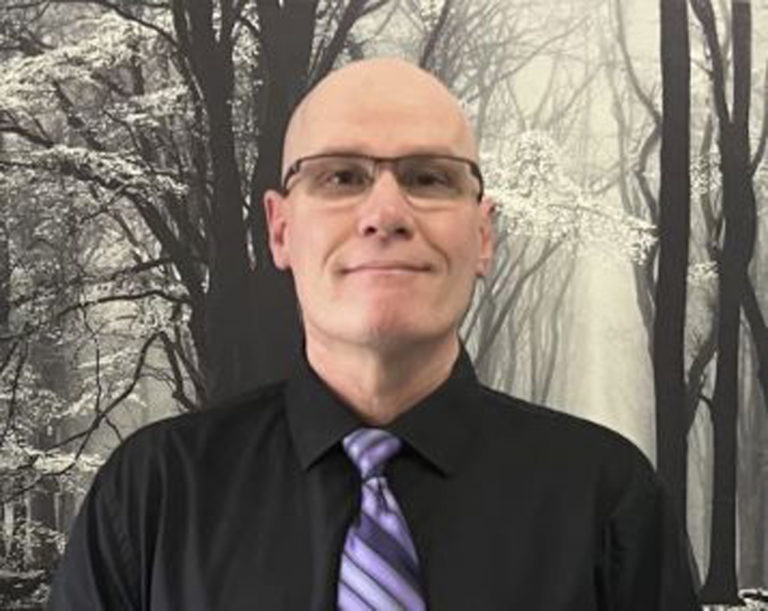Neil Caldwell is a Doctor of Social Work (DSW) candidate at the University of Kentucky. He received his bachelor’s degree in 2013 and his master’s in 2015, both from the University of Louisville, specializing in Alcohol and Drug Counseling. Neil Caldwell is a full-time assistant professor for the Carver School of Social Work at Campbellsville University. He is also a Licensed Clinical Alcohol Drug Counselor (LCADC) and a Certified Social Worker (CSW), both in KY. Neil and his wife, Starr Caldwell (LCSW), own a small private practice (Caldwell Counseling Services LLC) in Lebanon, KY. Since 2014, they have been offering outpatient treatment services for DUI and substance use disorder (SUD) clients. Neil previously worked with the Department of Corrections Substance Abuse Programs – Re-Entry and has taught Social Work Addictions-Practice courses full-time for the past five years. Neil has 20 years of experience working with individuals, groups, families, and communities in addiction recovery. He has dedicated his life to helping people recover from addiction and assisting them in recreating their lives both personally and professionally through long-term treatment and academia.

Neil Caldwell
CSW, LCADC
Attending College While in Recovery from Addiction-Substance Use Disorders (SUDs): Identifying Gaps, Barriers, and Solutions
- April 23, 2024
- 2:30 PM -
- 3:30 PM
Abstract
The addiction crisis we have faced over the last several decades is progressively worsening with the rise of synthetic drugs, opioids, fentanyl, co-occurring mental health disorders, and the traumatic events surrounding overdose deaths. These issues affect individuals, groups, families, and communities across every city and town in the United States. The demand for clinical addiction counselors is at an all-time high due to the need and availability of addiction treatment. Many individuals in recovery have ambitions to work in the field of clinical addiction treatment but face numerous barriers to fulfilling their dreams when pursuing a college education. This capstone project identifies the research behind these challenges and uses the identified gaps in proposing pathways in higher education for this underrepresented population. These pathways are conceptualized through theoretical lenses using systems and social learning theories. Finally, the practical application proposals of clinical and educational solutions are integrated into academia to help create ethical and competent social workers ready to work in clinical addiction treatment settings.

